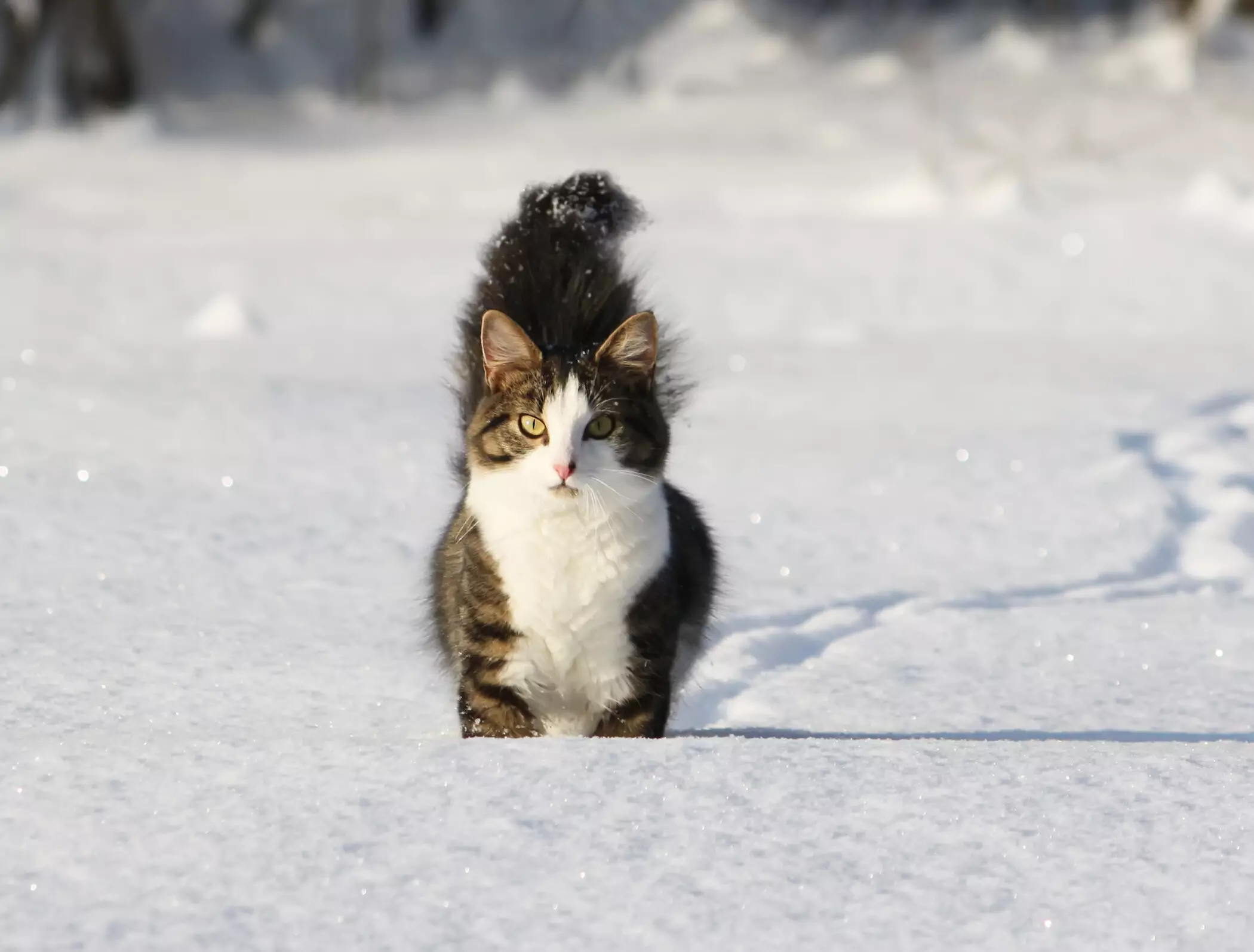As the winter months roll in, a veil of snow and ice blankets roads, coaxing car owners to make their vehicles winter-ready. While this seasonal preparation is vital for human safety, it risks a perilous oversight regarding wildlife—particularly pets. The increasing prevalence of antifreeze, a common automotive fluid, has attracted the attention of veterinary specialists like those from the People’s Dispensary for Sick Animals (PDSA). Ethylene glycol—the deadly ingredient in antifreeze—poses grave threats not only to pets but also to humans, making it critical for motorists to heed their warnings and take proactive measures for the safety of all.
The Fatal Flaw: How Antifreeze Affects Pets
Antifreeze is notoriously toxic, and even minuscule amounts can become lethal for pets if ingested. Early signs of poisoning can be insidious; pets often mask their discomfort until symptoms escalate. According to PDSA Vet Nurse Nina Downing, once these symptoms manifest, time is of the essence. Symptoms like lethargy, twitching muscles, increased thirst, and unsteadiness are easy to overlook, especially when a pet is otherwise engaged in their usual activities. Immediate veterinary care is crucial; delaying treatment could lead to irreversible damage, primarily targeting the kidneys and nervous system.
This urgency is accentuated by a disheartening statistic: PDSA treated nearly 40 cases of antifreeze poisoning in just one year, underlining the frequency and severity of the problem. Cats are particularly at risk because their exploratory behaviors often go unchecked, giving them the opportunity to encounter spilled antifreeze without owners noticing. Dogs, while also susceptible, are often more supervised, revealing a stark difference in how these potential poisoning cases present among different species.
Prevention: The Best Approach to Safeguarding Pets
Proactive vigilance is the cornerstone of preventing antifreeze-related incidents. Pet owners must adopt a multifaceted strategy to secure their environments. First and foremost, it’s crucial to ensure that vehicles are parked away from places where pets tend to roam freely. Monitoring garage spaces, driveways, or any vicinity where cars are parked can drastically reduce accidental encounters with harmful substances.
Cleaning up any antifreeze spills immediately can be a lifesaving habit. Opt for products based on propylene glycol when available, as they pose a much lower risk to animals if a spill occurs. This small change in habit could mean the difference between life and death for a beloved pet.
Additionally, as winter can shift pet behaviors, pet owners should limit outdoor excursions for cats and keep dogs leashed during walks. This increased supervision not only helps prevent potential poisonings but also encourages safer interactions with the winter landscape.
Recognizing the Warning Signs
Understanding the symptoms of antifreeze poisoning is essential to combat its effects effectively. If you notice a combination of symptoms such as twitching, lethargy, excessive urination, and irregular breathing in your pet, you should act swiftly and consult a veterinarian. The window for successful intervention is narrow; prompt action amplifies a pet’s chances for recovery.
Moreover, pet owners should educate themselves about antifreeze-related risks in their neighborhoods, especially during the colder months when spills are more likely to occur due to road maintenance and vehicle maintenance activities. Awareness is a crucial tool that can empower pet owners to act before any dangerous scenarios develop.
The Importance of Veterinary Guidance
Organizations like PDSA play a crucial role in not just treating affected pets but also in educating the public about the hidden dangers of common substances like antifreeze. Their outreach efforts provide essential insights into pet care and poisoning prevention, allowing pet owners to stay informed and vigilant.
Furthermore, the collaboration between veterinary services and community programs can extend the reach of safety education. Support from initiatives such as the People’s Postcode Lottery allows these organizations to amplify their message and offer vital resources to more pet owners across the UK, ensuring that fewer pets fall victim to preventable hazards during the colder months.
Being mindful and proactive can keep furry friends safe throughout the winter. By removing potential dangers and being attentive to signs of distress, pet owners can foster a safer environment and ensure the wellbeing of their beloved animals during this chilly season.
